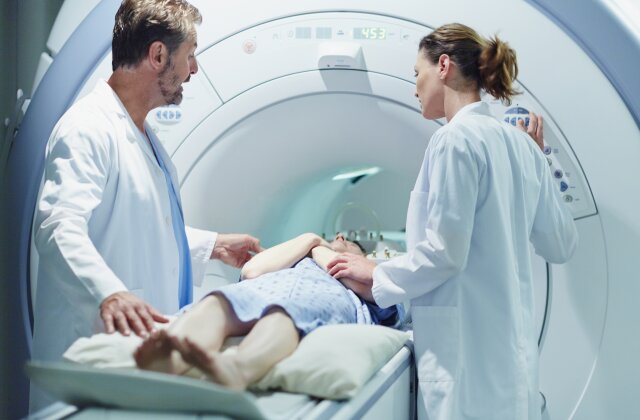Job Title: Nuclear Technologist
Location: Toronto division Cambridge, Ontario
Shift: Morning, Night, Overnight
Wage: $22.60/Hour
Responsibilities :
- Provides input and review of design requirements and drawings
- Prepares, or provides input to specifications, test plans and procedures, acceptance test plans
- Accountable for the system or tooling testing. Executes testing, prepares test reports.
- Responsible for learning a customer process and becoming the local expert in it, to support the design and eventually the integration of the machine once it is built.
- Provides site support for tooling and equipment
- Trouble-shooting tooling and equipment
- Performs hands-on testing of designed apparatus to mitigate high technical risks (proof of principle and technical studies).
- Conducts design verification testing to confirm that design output meets the design input requirements
- Responsible for performing design validation under defined operating conditions
- Participates in the commissioning of prototype and production machines
- Provide engineering and assembly support related to construction of CSA B51 and CSA N285.0 pressure boundary components
- Strictly follow CSA N285 / NQA Quality requirements as defined within the manual and procedures
- Requires Nuclear Energy Worker status, and work in radioactive environment including nuclear site work
Requirement :
- A Mechanical, Mechatronic or Electromechanical Engineering Technology diploma or equivalent. Certified Engineering Technologist is preferred.
- Experience in nuclear tooling and equipment development and testing. Field support and experience is required
Who can apply to this job?
The employer accepts applications from:
- Canadian citizens and permanent or temporary residents of Canada.
- Other candidates with or without a valid Canadian work permit.
How to apply
What skills and qualities are important for a Nuclear Technologist ?
A Nuclear Technologist plays a crucial role in various aspects of nuclear medicine and technology. Here are some important skills and qualities for individuals in this field:
- Technical Knowledge: A solid understanding of nuclear physics, radiation, and medical imaging technology is essential. This includes knowledge of radiation safety protocols and regulations.
- Analytical Skills: The ability to analyze and interpret complex data is crucial for nuclear technologists, especially when dealing with medical images and diagnostic results.
- Attention to Detail: Precision is vital in nuclear technology. Small errors can have significant consequences, so being meticulous and detail-oriented is essential.
- Communication Skills: Clear communication with both patients and other healthcare professionals is crucial. Nuclear technologists often need to explain procedures to patients and relay important information to physicians.
- Problem-Solving: Nuclear technologists should be adept at solving problems that may arise during imaging procedures or equipment malfunctions.
- Critical Thinking: The ability to think critically and make informed decisions is important in interpreting imaging results and adapting to unexpected situations.
- Adaptability: The field of nuclear technology is continually evolving. Being adaptable and open to learning new technologies and techniques is essential for staying current in the field.
- Empathy and Compassion: Interacting with patients, who may be dealing with health concerns or anxiety, requires empathy and compassion. A caring and supportive approach can help alleviate patient concerns.
- Physical Stamina: Nuclear technologists may spend long hours on their feet and need to assist patients in various physical conditions. Good physical stamina is important for performing the job effectively.
- Teamwork: Collaboration with other healthcare professionals, such as radiologists, physicians, and nurses, is common. Being able to work effectively as part of a team is crucial in providing comprehensive patient care.
- Ethical Standards: Adhering to high ethical standards and maintaining patient confidentiality is fundamental in healthcare professions, including nuclear technology.
- Regulatory Compliance: Staying informed about and adhering to regulatory guidelines and safety protocols related to radiation and nuclear technology is essential for the well-being of both patients and professionals.
- Continuous education and professional development are also important for nuclear technologists to stay abreast of advancements in technology and healthcare practices.
